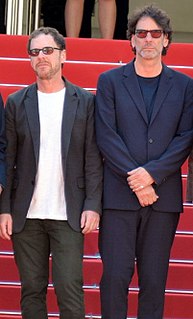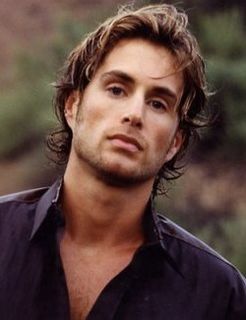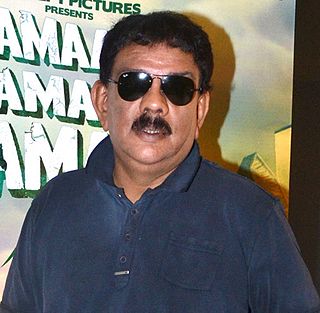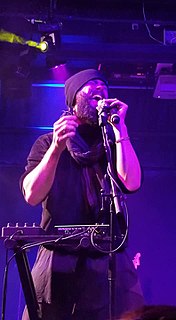A Quote by Edward Norton
In drama, I think, the audience is a willing participant. It's suspending a certain kind of disbelief to try to get something out of a story.
Related Quotes
Audiences - they like colour, you know. I can go out there wearing a red suit, man, and they'll say I'm out of sight ... I think they should be educated; you should always drop something on an audience ... When you get in front of an audience, you should try to give 'em something. After all, they're there looking at you like this. You can't go out and give 'em nothing.
Sometimes, in certain stories, I think we know at the outset essentially what the tone is going to be, or it becomes important that we're groping toward some kind of story with a certain kind of tone that we both get somehow. But I don't think how that's combined with other elements is ever in any way overtly discussed.
I think I'm always very naïve. With 'Kill Your Darlings' and 'Horns', I'm like, "Why wouldn't everybody love this?" But I guess it's going to divide people in some ways. But if you're willing to go with it and suspend your disbelief, you're going to get something amazing and something unlike anything else.
I don't think all films should necessarily look like they do on digital video. I think it cheats the audience, at some point. If you try to make an epic and you shoot it digitally, that doesn't make much sense. I think there's a certain kind of film that could be a "digital film." But it shouldn't be interchangeable with other films. It should be something more than just a capture medium. It should be a different form altogether, something new.
When I started that's how I wrote because I didn't know any better. I was just like "I want to make music." Then there were all these things that I learned to get myself over certain humps, but I think it just comes down to: do I have something to say or not? If I'm feeling something I should try to get that out, and maybe it's not words, but trying to turn it into something.



































